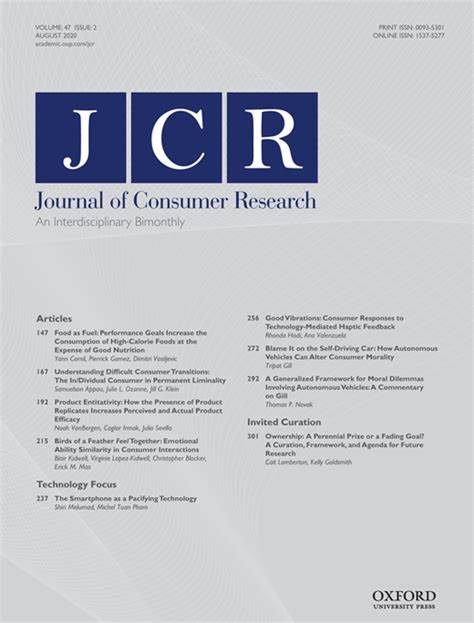共同的美分:银行账户结构与夫妻关系动态
IF 6.4
1区 管理学
Q1 BUSINESS
引用次数: 2
摘要
当一段浪漫关系变得严肃时,伴侣经常会面临一个关于如何组织个人财务的基本决定:把钱集中在一起还是分开?在一项六波纵向实验中,我们调查了随机分配订婚或新婚夫妇将他们的钱合并到一个联合银行账户是否会随着时间的推移提高关系质量。在婚姻的前两年,被分配将钱存放在单独的账户中或处于无干预状态的夫妇表现出正常的关系质量下降,而被分配将资金合并到共同账户中的夫妇则始终保持着良好的关系质量。银行账户结构对关系质量的影响是多重决定的。我们使用实验和相关方法研究了三种潜在的机制,并为其找到了支持:合并财务1)改善合作伙伴对如何处理金钱的感受,2)促进财务目标的一致性,3)维持共同规范的遵守(例如,在不期望互惠的情况下回应彼此的需求)。虽然之前的研究已经证明了经济上的相互依赖性和关系质量之间的相关性,但我们的研究首次提供了实验证据,证明日益增强的经济上的互相依赖性有助于新婚夫妇在整个新婚期间乃至以后保持更强的关系质量。本文章由计算机程序翻译,如有差异,请以英文原文为准。
Common Cents: Bank Account Structure and Couples’ Relationship Dynamics
When a romantic relationship becomes serious, partners often confront a foundational decision about how to organize their personal finances: pool money together or keep things separate? In a six-wave longitudinal experiment, we investigated whether randomly assigning engaged or newlywed couples to merge their money in a joint bank account increases relationship quality over time. Whereas couples assigned to keep their money in separate accounts or to a no-intervention condition exhibited the normative decline in relationship quality across the first two years of marriage, couples assigned to merge money in a joint account sustained strong relationship quality throughout. The effect of bank account structure on relationship quality is multiply determined. We examine—and find support for—three potential mechanisms using both experimental and correlational methods: merging finances 1) improves how partners feel about how they handle money, 2) promotes financial goal alignment, and 3) sustains communal norm adherence (e.g., responding to each other’s needs without expectations of reciprocity). While prior research has documented a correlation between financial interdependence and relationship quality, our research offers the first experimental evidence that increasing financial interdependence helps newlyweds preserve stronger relationship quality throughout the newlywed period and potentially beyond.
求助全文
通过发布文献求助,成功后即可免费获取论文全文。
去求助
来源期刊

Journal of Consumer Research
BUSINESS-
CiteScore
12.00
自引率
9.70%
发文量
53
期刊介绍:
Journal of Consumer Research, established in 1974, is a reputable journal that publishes high-quality empirical, theoretical, and methodological papers on a wide range of consumer research topics. The primary objective of JCR is to contribute to the advancement of understanding consumer behavior and the practice of consumer research.
To be considered for publication in JCR, a paper must make a significant contribution to the existing body of knowledge in consumer research. It should aim to build upon, deepen, or challenge previous studies in the field of consumption, while providing both conceptual and empirical evidence to support its findings.
JCR prioritizes multidisciplinary perspectives, encouraging contributions from various disciplines, methodological approaches, theoretical frameworks, and substantive problem areas. The journal aims to cater to a diverse readership base by welcoming articles derived from different orientations and paradigms.
Overall, JCR is a valuable platform for scholars and researchers to share their work and contribute to the advancement of consumer research.
 求助内容:
求助内容: 应助结果提醒方式:
应助结果提醒方式:


